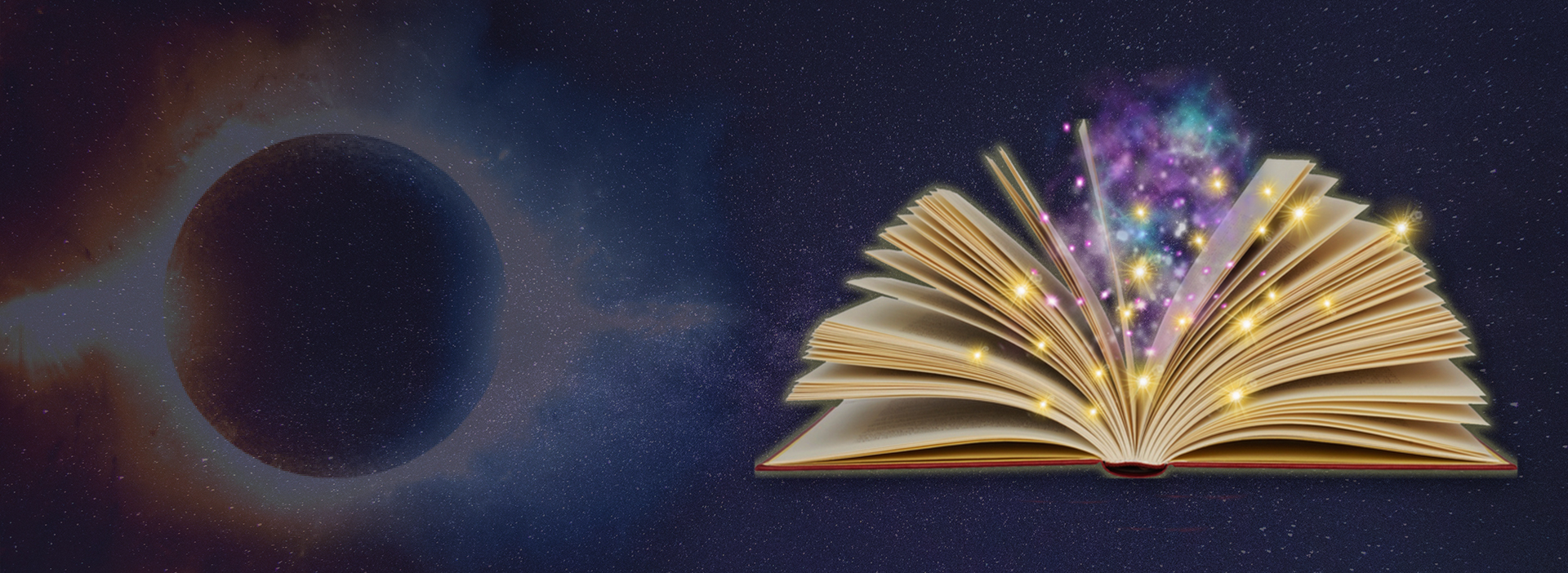
Mystery surrounds existence. When and how the existence of human beings, other living beings or vegetation and our planets and stars started? What is the purpose of this existence? Why all this does not vanish? Had it vanished at all in the past? Were there any cycles of creation and destruction – as we find mention in Hindu philosophy? In this philosophy God Brahma is said to create the world, God Vishnu maintains it and finally, God Mahesh or the Shiva destroys it. All these metaphysical subjects find mention in mythology but are not verifiable with human logic. Here comes the astrology for our rescue. Yes, if we can accept pre-destination and a programmed life, all these metaphysical questions become live and no more seem to be mere flight of imagination. Then we get indications that some other world and some other forms of existence are possible. Why predestination and why not 100% freewill? Does my soul in this birth had any other form earlier? It provides a link between different forms of existence across different times and spaces and even substantiates the concept of rebirth. This faith in pre-destination in turn gives birth to spirituality and Karma theory (theory of cause and effect involving human action) comes into picture. And sprouting this spirituality seems to be the primary purpose of this divine science of astrology itself.
Mystery of existence has been dealt with in Indian Philosophy and a detailed account can be found in Upanishads, pillars of ancient metaphysical knowledge. In Katha Upanishad, we find famous dialogue between Yama, the lord of death and a teenager boy Nachiketa. Yama had granted three boons to Nachiketa. As his third boon, Nachiketa asked Yama the mystery of what comes after death. Yama was reluctant to answer this question. He said that this had been a mystery even to the gods. He asked Nachiketa to avoid the question and lured him with many worldly pleasures and material gifts. But Nachiketa argues that all worldly treasures and heavenly pleasures come to an end sooner or later, if not the day after, after hundred years. These are not permanent means of enjoyment. He insists to get the ultimate knowledge of Self and pleads, ''O Lord of Death, you have promised me the third boon''.
Yama was pleased with such a young truth-seeker who had rejected the path of enjoyment and chose the path of goodness. Then Yama taught him the knowledge of the Atman (the soul), realizing which man attains immortality. Know the Self as lord of the chariot, The body as the chariot itself, The discriminating intellect as charioteer, And the mind as reins. The senses, say the wise, are the horses; Selfish desires are the roads they travel. When the Self is confused with the body, mind, and senses, they point out, he seems to enjoy pleasure and suffer sorrow.
The all-knowing Self was never born, nor will it die . Beyond cause and effect, this Self is eternal. When the body dies , the Self does not die. One must discriminate the Soul from the Body, which is the seat of desire. After death, it is the Soul that remains; the Soul is immortal.
Here, it will not be out of place to make a mention of great Adi Shankaracharya who propounded the theory of Aham Brahmasmi – means I am the brahma, the God creator of this universe. This was the great idea of Hindu philosophy he advocated, the Advaita principle or principle of non-dualism – meaning that creator and his creation are one. Whatever we see in the world is manifestation of the GOD himself. Essence of human existence or life force is his soul and this soul is part of the eternal soul, the creator.